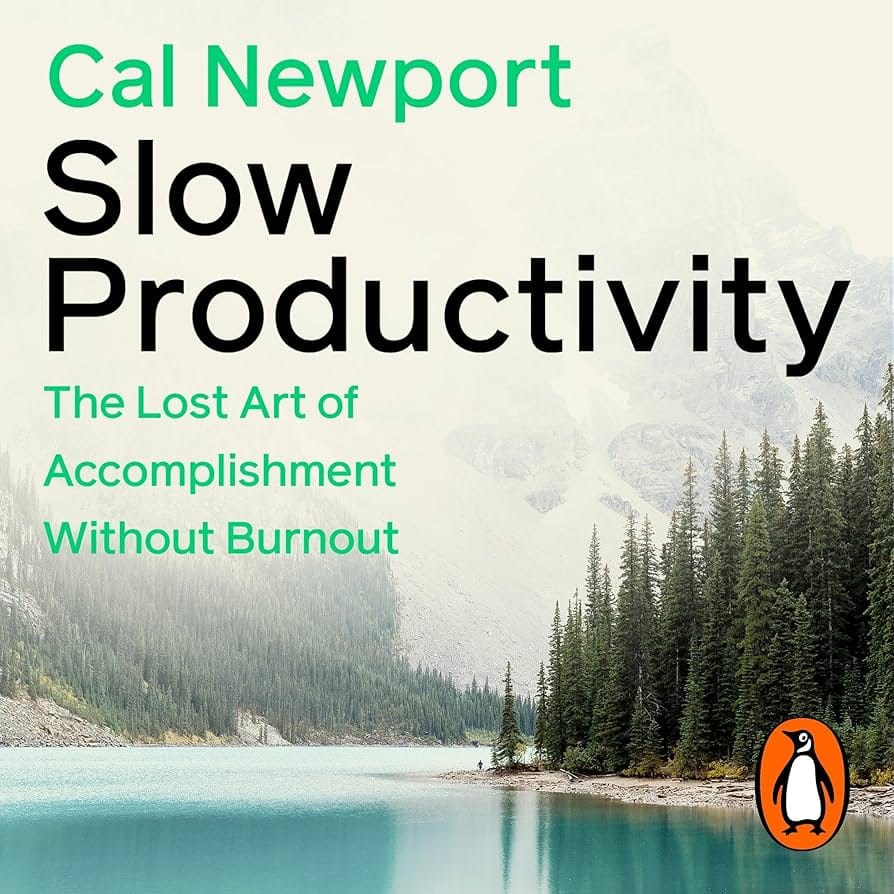Everyone thinks Jesus gave us a clear answer about taxes. Here's the thing: he didn't. And understanding why he didn't reveals something necessary about how Scripture actually works.
The scene in Luke 20 is a masterclass in political entrapment. Religious leaders— perpetually annoyed by Jesus's popularity with the crowds—devise what they believe is the perfect gotcha question: "Should we pay taxes to Caesar or not?" It's beautifully diabolical. If Jesus says no, he's advocating rebellion against Rome—a quick ticket to crucifixion. If he says yes, he's endorsing Roman oppression of his own people, instantly alienating his followers. Either way, they've got him cornered.
But Jesus, as usual, refuses to play by their rules. He asks for a coin—already a pointed move, since having to produce Roman currency suggests these religious leaders are more embedded in the imperial system than they'd care to admit. Then comes the famous line that has echoed through centuries:
"Give to Caesar what belongs to Caesar, and to God what belongs to God."
Case closed, right? Jesus supports paying taxes, end of discussion. Except that's not what happened at all.
The Non-Answer That Changes Everything
Here's what most people miss: Jesus never actually tells anyone what belongs to Caesar and what belongs to God. He simply tosses the question right back to his interrogators like a theological hot potato. The brilliance isn't in providing a clear directive—it's in forcing the question-askers to wrestle with the implications themselves.
When Jesus asks whose image is on the coin, he's doing more than making small talk. The Greek word he uses is "icon"—the same word used in the commandment against making graven images. There's only supposed to be one image that matters: the image of God imprinted on human beings. So when Jesus points to Caesar's face stamped on metal, he's raising a much deeper question about allegiances, identity, and what ultimately deserves our worship.
This ambiguity isn't a bug—it's a feature. And it reveals something crucial about how Scripture operates that we've largely forgotten in our quest for biblical life hacks and divine answer keys.
Scripture as Wisdom, Not Wikipedia
As biblical scholar Peter Enns argues, the Bible is fundamentally a wisdom document, not an answer document. This distinction isn't semantic nitpicking—it's transformative. Wisdom is about developing the capacity to do the right thing at the right time, given your specific context. It's about cultivating discernment, not memorizing rules. The Bible is more compass, less GPS.
We get into all sorts of theological trouble when we treat Scripture like a cosmic Wikipedia, frantically searching for the exact verse that will solve our contemporary dilemmas. You can find those little inspirational books at grocery store checkout lines promising "God's Answers to Your Problems," but that's not how the Bible actually works. That approach reduces the rich, complex, multi-generational wrestling with God's character into a collection of fortune cookie wisdom.
The tax passage perfectly illustrates this principle. If Jesus had wanted to give a clear, unambiguous answer about taxes, he easily could have. Instead, he offers a riddle wrapped in an enigma, seasoned with just enough theological dynamite to keep communities arguing about it for millennia.
The Beautiful Mess of Interpretation
And argue we have. Walk into any theological library and you'll find shelves groaning under the weight of commentaries offering different interpretations of this single passage. Some scholars argue Jesus was subtly undermining Roman authority by suggesting everything ultimately belongs to God, making Caesar's claims illegitimate. Others see him advocating for a clear separation between religious and civic duties. Still others read it as a wisdom teaching about navigating competing loyalties without offering a universal principle.
This interpretive diversity isn't a failure of Scripture—it's evidence of its wisdom-oriented design. The text is working exactly as intended, generating ongoing conversation about how to live faithfully in complex political realities.
Consider the practical implications across Christian history. Anabaptist communities have often read this passage as a call to withdraw from participation in state systems, including tax collection and military service. Monastic communities have similarly opted out of conventional economic structures. Meanwhile, other Christian traditions see paying taxes as a perfectly faithful expression of civic responsibility, arguing that since everything belongs to God anyway, supporting just governance serves divine purposes.
Both responses can claim biblical warrant. Both emerge from serious engagement with the text. Both represent communities honestly wrestling with what faithful discipleship looks like in their specific contexts.
The Question Returns to Us
This is Luke's genius as a storyteller and theologian. By recording Jesus's non-answer, he's doing the same thing Jesus did—handing the question back to his readers. Two thousand years later, we're still the ones being asked: Given your context, your community, your calling, what belongs to Caesar and what belongs to God?
The passage refuses to let us off the hook with easy answers because easy answers don't exist for the complex realities of living faithfully in an imperfect world. Instead, it invites us into the ongoing work of discernment, the cultivation of wisdom, and the patient practice of seeking God's guidance for our specific circumstances.
We could spend considerable time debating what the historical Jesus probably thought about Roman taxation—and scholars certainly have. But that misses Luke's point entirely. The question isn't what Jesus would do about our tax systems; it's what wisdom God is calling us to embody today, in our communities, given our opportunities and constraints.
This reframe changes everything about how we approach Scripture. Instead of mining the text for universal principles to apply mechanically, we're invited into a dynamic relationship with a living tradition that continues to generate new insights as communities wrestle with ancient wisdom in contemporary contexts.
The beauty of Jesus's non-answer is that it keeps the conversation alive, generation after generation, community after community. It refuses to let faith become formulaic and demands that we stay awake to the Spirit's ongoing guidance. In a world hungry for certainty, it offers something better: the messy, beautiful, never-ending work of learning to live wisely in God's world.






Discussion